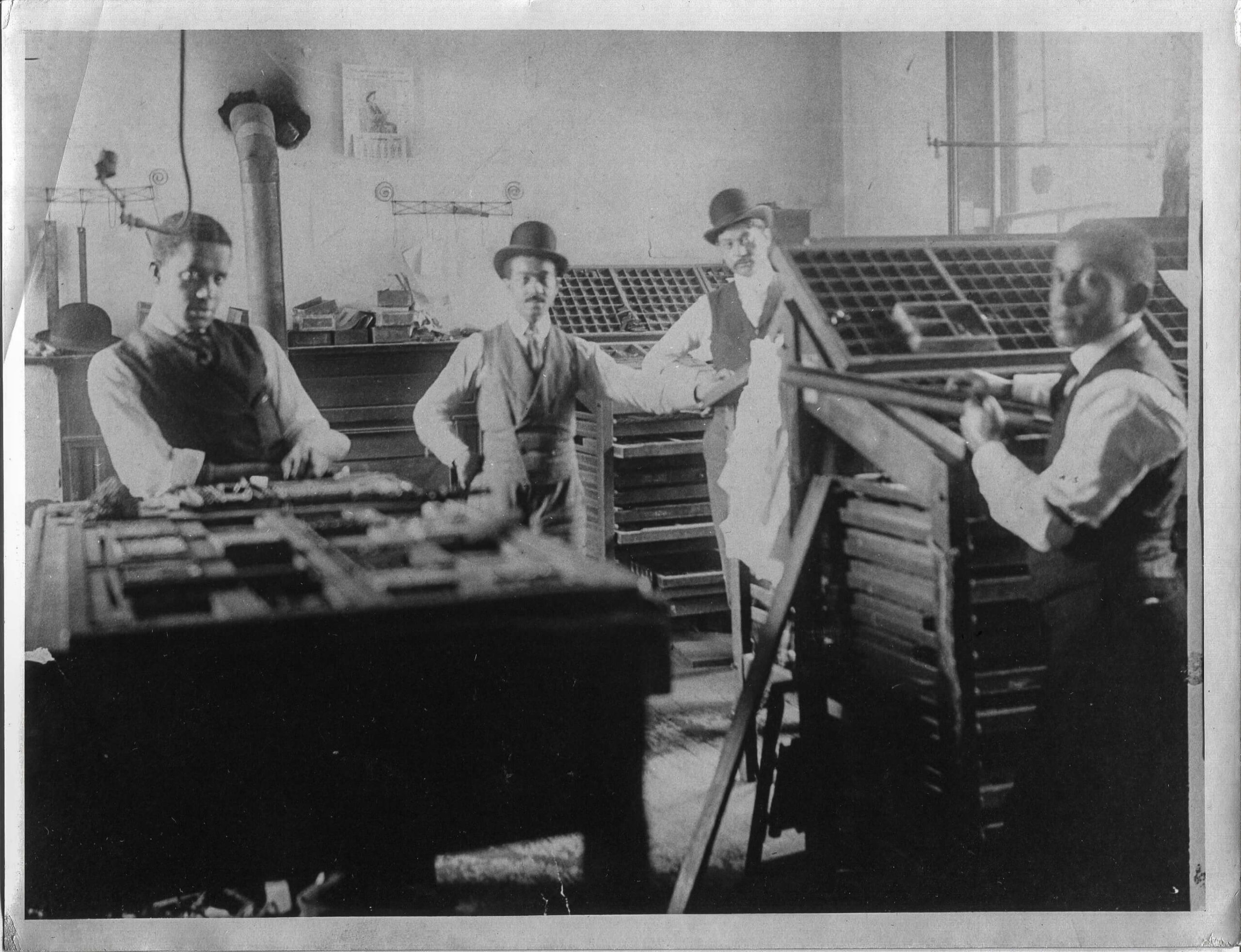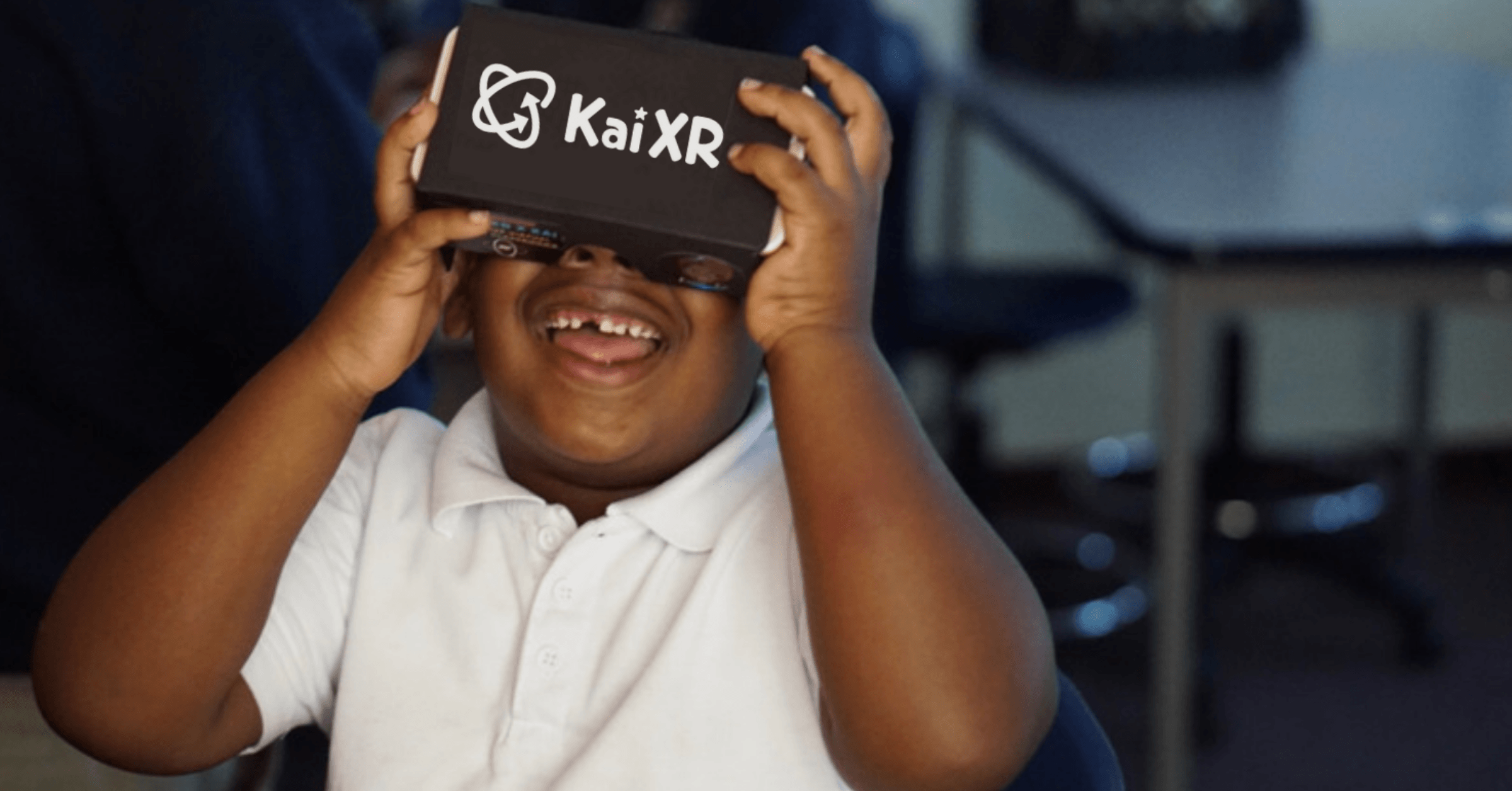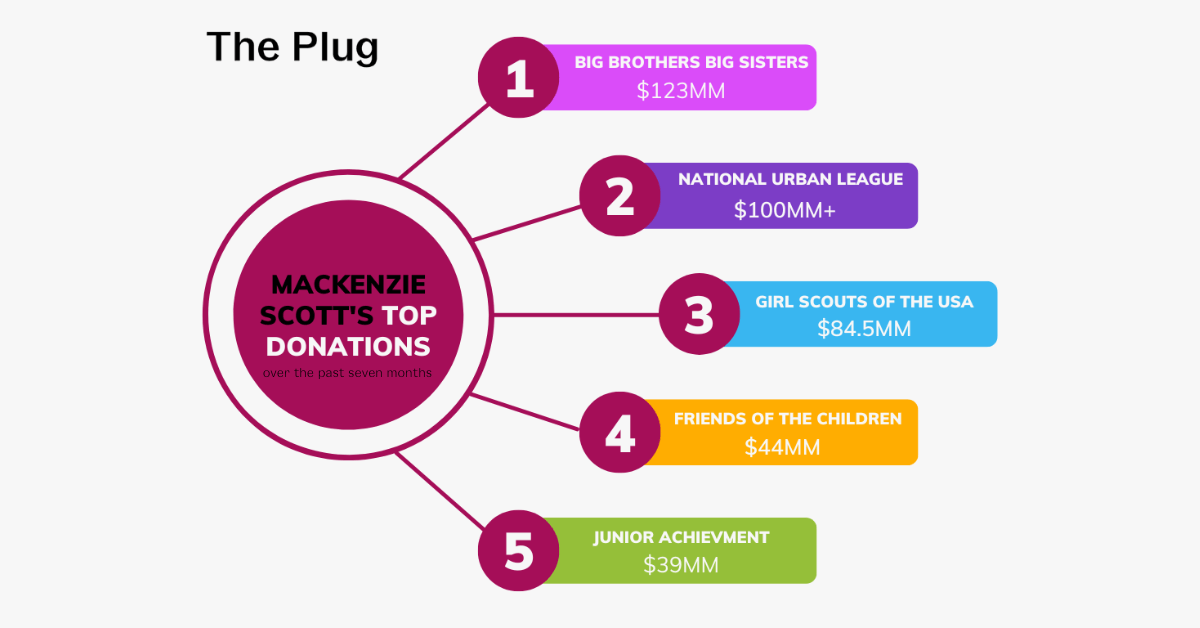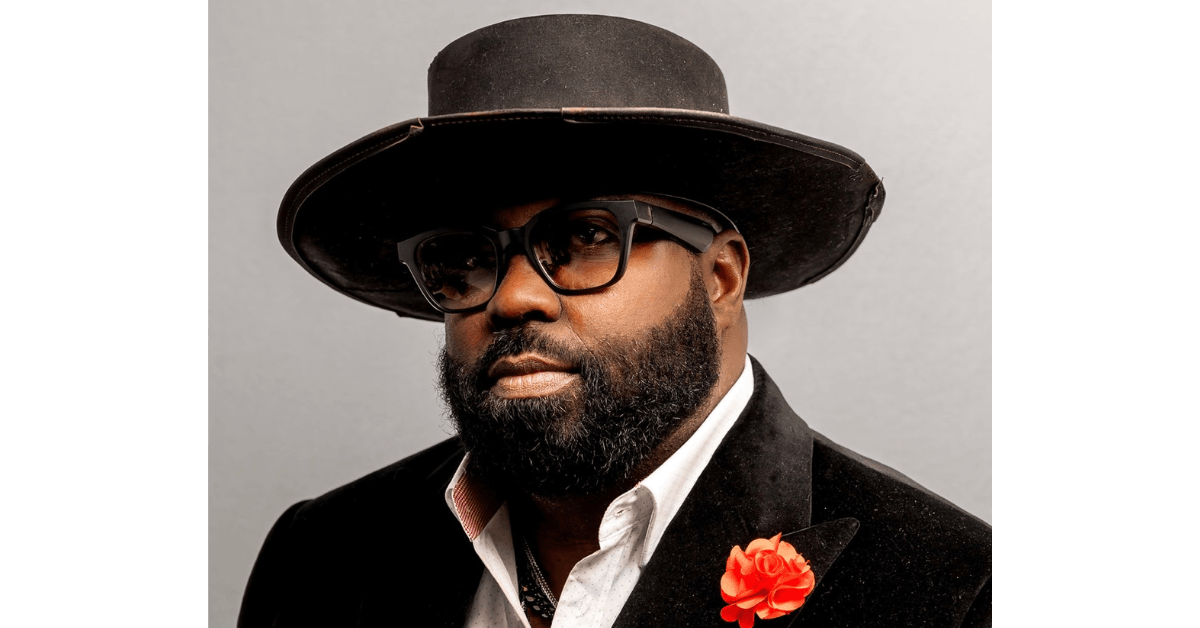Photo courtesy of the AFRO American Newspapers Archives
In April 2020, Jack Dorsey announced on Twitter, the platform he founded, that he was giving away $1 billion of his wealth. Thanks to a $535,000 grant from Dorsey, the AFRO American Newspapers, the longest continuously operated Black newspaper in the country run by the same family, will now be able to digitize millions of pieces from their archives and create a new recognition software.
The archival effort is being spearheaded by Savannah Wood, Executive Director of the AFRO Charities and a fifth-generation member of the family that has run the AFRO for more than 100 years. After working with arts and culture organizations on the West Coast, Wood was struck by what artists could do with archives.
“I started to think about the power of working with history in that way and it occurred to me, ‘I’ve been doing this work with these other organizations, I bet my family has a pretty incredible archive with this newspaper that we’ve been running for the past century,'” Wood told The Plug.
“As you get older you start to appreciate the labor that went into it and what it means for two formerly enslaved people to purchase a newspaper and then continue its operation through the successive generations of their children,” she said.
In 2019, she returned to Baltimore to begin the daunting task of working on the archival efforts for the newspaper. Right now, there are more than 100,000 folders in boxes containing the newspaper’s archives, which are being temporarily housed at Morgan State University. They contain letters, pamphlets, photographs and countless more items. Wood estimates that there are three million photos alone in the collection.
The digitization efforts will focus on the photos and will start in earnest at the beginning of 2022. Wood and her team will begin by rehousing the pictures in new boxes to stop the degradation that is happening to them currently, then they will use a high-volume scanner to digitize the photos.
Initially, about one-eighth of the photos will be digitized. Wood will then work with tech developers to create a new software that will be able to show connections across different photos.
“What we hope to do through the digitization project is to use existing technologies like facial recognition and optical character recognition, to pull from all of this really rich data that we have and to create new connections between objects that have otherwise been siloed essentially within their folders,” Wood said.
It is similar to the facial recognition software Facebook uses that asks if someone is in a photo even if they have not been tagged. By using the software in the context of the AFRO’s archives, it will give researchers and the public more information beyond the caption.
Wood thinks tech can play an important role in combating Black erasure by making people’s lives and stories more accessible — the archives are already doing just that. This fall, the AFRO and the Baltimore public school system are running a pilot program where students are using what is digitized already to supplement their curriculum in school and creating new work inspired by their research in the archives.
Some of the more remarkable pieces in the archives that Wood has come across include photos of drag balls from the 1930s and recorded conversations between Carl Murphy, former publisher of the newspaper, and Thurgood Marshall around the time of the Brown v. Board of Education case.
But the archives contain a wealth of information about more than just the most famous civil rights figures.
“We have a lot of images and articles and stories about lesser known figures who are not necessarily the Thurgood Marshall’s or the Rosa Parks, but the people who supported them and who were part of their ecosystem that made the work that they did possible,” Wood said. “So that’s what we’re really excited about surfacing through this digitization project.”








